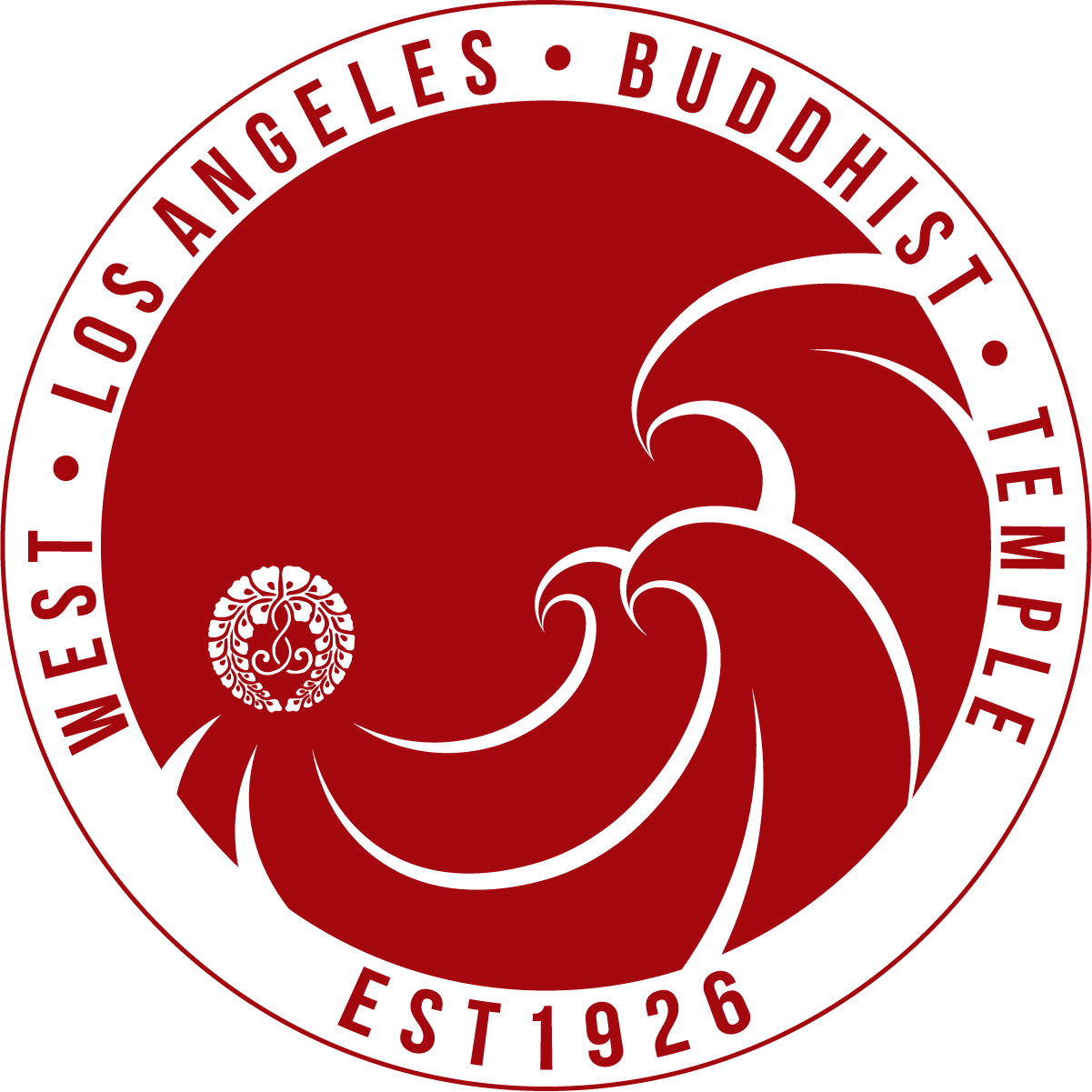Spring Higan Service
Higan is observed in Japan for a period of one week in the Spring from March 18 or 19 and again in the Autumn from September 20 or 21.
Higan-e is one of the few religious holidays which does not originate with Sakyamuni Buddha or a founder. It appears to be a distinct Japanese holiday originating in the early Heian Period (794-1190) and was presumably observed from the time of Prince Shotoku.
The word Higan comes from the Sanskrit word Paramita, which is translated as “other shore.” It is an abbreviation of Tohigan (“to arrive”). Tohigan means “to arrive at the Other Shore.” The “Other Shore” is Enlightenment or Nirvana, that is, the Pure Land. We are able to arrive at or reach the Other Shore when we transcend the life of birth-and-death, crossing over the sea of worldly passions arising from illusion.
How can we cross this wide sea and arrive at the Other Shore of Nirvana? The Six Paramita serve as a bridge spanning across this wide sea, and by practicing Charity, Morality, Patience, Right Effort, Right Meditation, and Right Wisdom, we can reach the Other Shore.
These Six Paramita teach us the essential Buddhistic way of life which every Buddhist should follow everyday. Applying the Six Paramita in our daily lives is the Shinshu way of expressing our gratitude and thanksgiving for our unconditional salvation. It is not necessary for us to wait until Higan to practice the Six Paramita; rather, let us proceed to do so from today, for tomorrow may never come. Higan is a time for us to simply express our gratitude to Amida Buddha for awakening us to his boundless Compassion-Wisdom.
“Higan” means “the other shore.” It is an abbreviation for “to higan” meaning “reaching the other shore (of nirvana).” Conducted during the vernal and autumnal equinoxes when days and nights are of equal length, it is a service of reflection when practicers should meditate on the harmony of nature and devote themselves to the realization of this harmony in our inner lives. During the week-long observances, emphasis is placed on observance of the Six Paramitas (precepts) which lead to “the other shore.” Paramita is the Sanskrit for “gone to other shore.”
From Jodo Shinshu, A Guide

